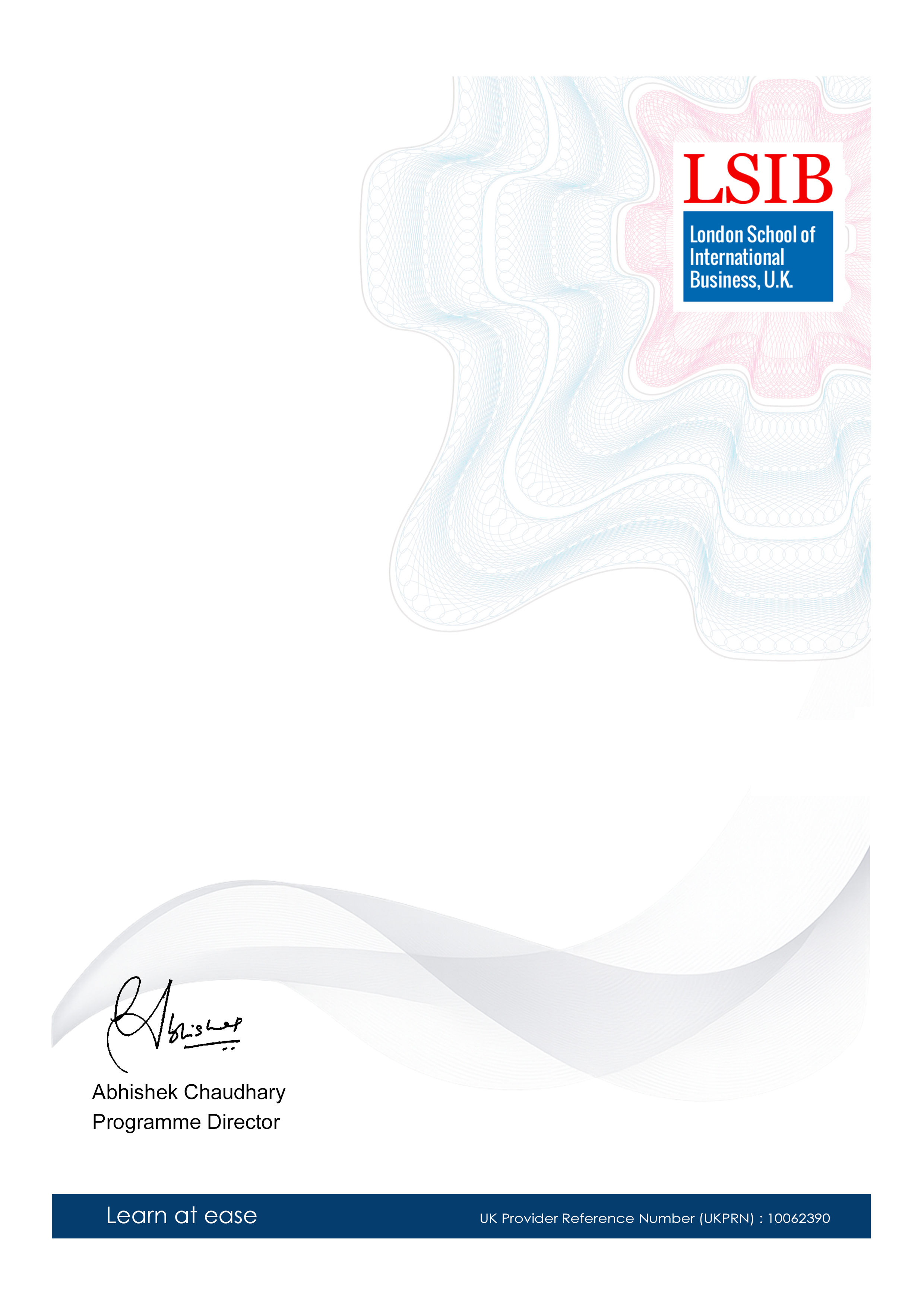How Professional Certificate in Introduction to DevOps Transformed My Career in the UK IT Industry
-- viewing nowDevOps transformed my career in the UK IT industry by bridging the gap between development and operations teams. With a Professional Certificate in Introduction to DevOps, I gained the skills to improve collaboration, automate processes, and enhance software delivery.
3,040+
Students enrolled
GBP £ 140
GBP £ 202
Save 44% with our special offer
About this course
100% online
Learn from anywhere
Shareable certificate
Add to your LinkedIn profile
2 months to complete
at 2-3 hours a week
Start anytime
No waiting period
Course details
• Agile Methodologies and Scrum Framework: This unit explores the Agile approach to software development and the Scrum framework, including roles, ceremonies, and artifacts.
• Version Control with Git: This unit introduces the Git version control system, including its key features, commands, and best practices for using Git in a DevOps environment.
• Continuous Integration and Continuous Deployment (CI/CD): This unit covers the concepts and tools of CI/CD, including Jenkins, Docker, and Kubernetes, and how to implement them in a DevOps pipeline.
• Cloud Computing and Infrastructure as Code (IaC): This unit explores the concepts of cloud computing and IaC, including AWS, Azure, and Google Cloud, and how to use tools like Terraform and CloudFormation to manage infrastructure.
• Monitoring and Logging in DevOps: This unit covers the importance of monitoring and logging in DevOps, including tools like Prometheus, Grafana, and ELK Stack, and how to implement them in a DevOps environment.
• Security in DevOps: This unit explores the importance of security in DevOps, including secure coding practices, vulnerability management, and compliance with regulations like GDPR and HIPAA.
• Collaboration and Communication in DevOps: This unit covers the importance of collaboration and communication in DevOps, including tools like Slack, Jira, and Trello, and how to implement them in a DevOps team.
• Automation and Scripting in DevOps: This unit introduces the concepts of automation and scripting in DevOps, including tools like Ansible, Puppet, and PowerShell, and how to use them to automate tasks and workflows.
• DevOps Tools and Technologies: This unit covers the various tools and technologies used in DevOps, including Docker, Kubernetes, and Jenkins, and how to use them to implement DevOps practices.
• Case Studies and Real-World Applications: This unit provides real-world examples and case studies of DevOps in action, including success stories and lessons learned from implementing DevOps in various industries and organizations.
Career path
How Professional Certificate in Introduction to DevOps Transformed My Career in the UK IT Industry
With the increasing demand for DevOps professionals in the UK, I decided to pursue a Professional Certificate in Introduction to DevOps. This transformational journey not only enhanced my skills but also opened up new career opportunities.
- DevOps Engineer - Responsible for ensuring the smooth operation of software systems, from development to deployment.
- Release Manager - Oversees the planning, coordination, and execution of software releases.
- Continuous Integration/Continuous Deployment (CI/CD) Engineer - Develops and implements automated testing and deployment pipelines.
- Cloud Engineer - Designs, builds, and maintains cloud-based infrastructure and applications.
- Site Reliability Engineer (SRE) - Focuses on ensuring the reliability and scalability of software systems.
- DevOps Engineer - Average salary: £60,000 - £90,000 per annum.
- Release Manager - Average salary: £50,000 - £80,000 per annum.
- CI/CD Engineer - Average salary: £55,000 - £85,000 per annum.
- Cloud Engineer - Average salary: £65,000 - £100,000 per annum.
- SRE - Average salary: £70,000 - £110,000 per annum.
Entry requirements
- Basic understanding of the subject matter
- Proficiency in English language
- Computer and internet access
- Basic computer skills
- Dedication to complete the course
No prior formal qualifications required. Course designed for accessibility.
Course status
This course provides practical knowledge and skills for professional development. It is:
- Not accredited by a recognized body
- Not regulated by an authorized institution
- Complementary to formal qualifications
You'll receive a certificate of completion upon successfully finishing the course.
Why people choose us for their career
Loading reviews...
Frequently Asked Questions
Course fee
- 3-4 hours per week
- Early certificate delivery
- Open enrollment - start anytime
- 2-3 hours per week
- Regular certificate delivery
- Open enrollment - start anytime
- Full course access
- Digital certificate
- Course materials
Get course information
Earn a career certificate

